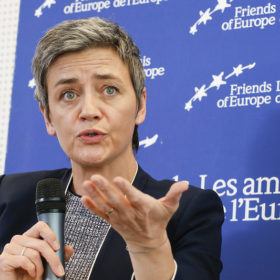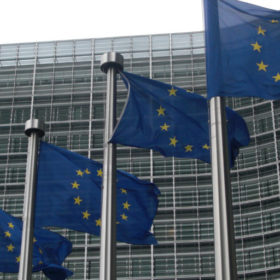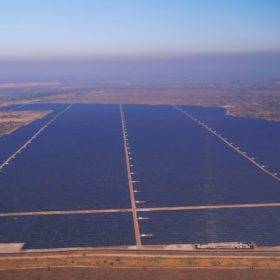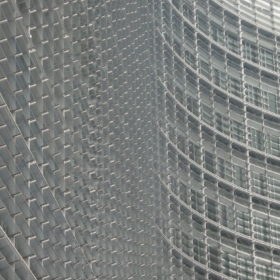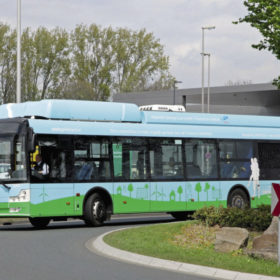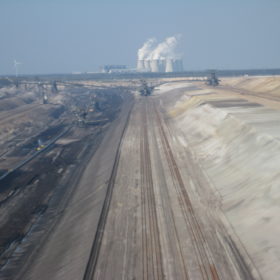Europe approves €3.2bn to support battery R&D
The European Commission has approved use of funds given by seven member states to back Europe-wide R&D projects across the lithium-ion battery value chain, with the aim of potentially unlocking an additional €5 billion in private sector investment.
British capacity market row continues over £1 billion payment insecurities
The bickering around the British Capacity Market is not over yet. The European Commission has closed its formal investigation into the market mechanism’s alleged violation of EU State Aid rules, finding no violations of that kind. But footing the bill for the year-long suspension of the scheme might prove complicated.
Industry waits in anticipation of a Green Deal for Europe
Amid high hopes for the European Commission presidency that is about to start, attendees at a recent event in Berlin tempered optimism by renewing calls for an industrial policy for the bloc.
European solar manufacturer body hits out at EU focus on post-production eco labelling
The European Solar Manufacturing Council says a decision by policymakers to disregard the carbon footprint of imported solar products ‘makes absolutely no sense’. Talk of ‘jobs which require a rather low qualification’, meanwhile, is unlikely to heal the widening rift with solar project developers and panel installers.
DTEK inaugurates 240 MW solar plant in Ukraine
The energy company wrapped up construction of the site in eight months. In March, DTEK commissioned a 200 MW site which was also installed in record time.
Four out of five fossil fuel giants dismiss findings of report into EU lobbying efforts
Exxon Mobil and BP did not produce figures for their clean energy investment activity and Total responded only with its ‘low carbon electricity’ spending. Shell stated it had invested €1.6 billion in clean energy from late 2016 up to June and Chevron gave details of its spending to reduce emissions and enable ‘greater diversity of energy sources’.
Operation Silver Frog: Innovative 2 GW solar production plan for green hydrogen in Europe
European partners have submitted a joint proposal to use EU-made solar modules and wind turbines to power green hydrogen for use by heavy industry. The partners hope to secure designated status and backing from the bloc’s deep coffers.
German industry body calls for 5 GW cell manufacturing fab in Europe
The VDMA says Europe can restart a solar production sector that can compete on price with Chinese imports by reducing transport costs – provided a Euro supply chain can be established.
Hydrogen buses for Bolzano, Italy
Canadian fuel cell manufacturer Ballard announces order for a dozen units as part of the European Commission’s JIVE initiative for hydrogen-powered public transport across the EU.
EU coal regions could deploy 730 GW of PV while retaining employment rates, study finds
A study performed by the Joint Research Center of the European Commission has identified serious solar potential in Europe’s coal regions. According to the study, the transition to PV would also allow for similar full time employment equivalents as that of the coal industry.
